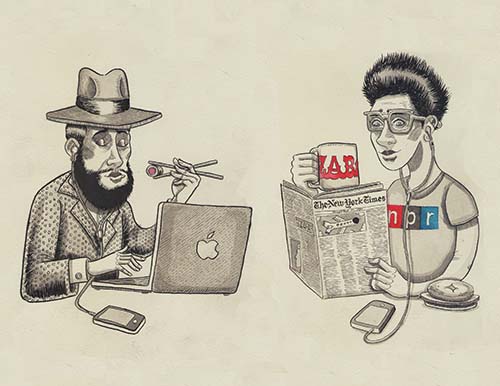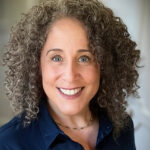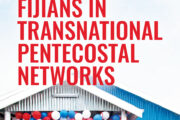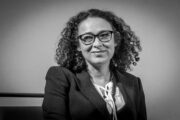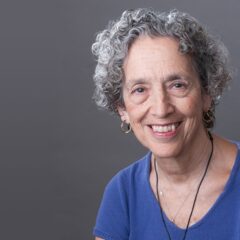This month, the Yiddish Book Center will launch a new program called Tent: Encounters With Jewish Culture, which is based on the belief that “modern culture can inspire us to think imaginatively about what Jewishness means. And vice versa.” The program provides young adults in three cities with the opportunity to participate in immersive experiential education focusing on diverse aspects of Jewish culture and creativity. Jews between the ages of 20-30 will participate in weeklong workshops focusing on Jewishness and comedy, creative writing, and theater.
In their 2005 study “Cultural Events and Jewish Identities: Young Adult Jews in New York,” Steven M. Cohen and Ari Y. Kelman identified “the value of Jewish culture as an instrument of reaching the unengaged.” Â They found that “engaged, but unaffiliated” Jews are “drawn to events that promise to cross boundaries between Jews and non-Jews, Jews and Jews, Jewish space and non-Jewish space, and distinctively Jewish culture with putatively non-Jewish culture, effecting a ‘cultural hybridity.’” That study has since been used to garner support for the creation of a myriad of programs that use arts and culture to engage unaffiliated Jews. For example, the Six Points Fellowship (founded in 2006) supports emerging Jewish artists in the creation of affective artistic and cultural programming that appeals to Jewish young adults by providing artists with financial, professional, and artistic support over the course of two-years. Culture Lab: Encounters With Jewish Culture, a new program of the Silverlake Independent Jewish Community Center on Los Angeles’ east side, was designed to nurture the development of diverse and innovative arenas for engagement by curating creative collaborations among artists, culture makers, and scholars.
Alongside the wellspring of support for such endeavors exists a longstanding ambivalence about the ultimate value of engaging Jews through the arts. In fact, the nature of exclusively culture-based Jewish identification in general has long been a point of contention. For decades, Jewish leaders have reflected on and debated the value and legitimacy of the ever-growing population of Jews in the U.S. who consider themselves secular, cultural, and/or “spiritual but not religious.” The Berman Jewish Policy Archive — an online collection of policy-relevant research and analysis on Jewish life — has catalogued the more than a hundred articles, conference proceedings, and speeches on the topic since the 1960s.
Most recently, the Huffington Post ran an opinion piece, “The Self-Delusions of Secular Jews,” by Rabbi Eric H. Yoffie, president emeritus of the Union for Reform Judaism. Two weeks later, Leonard Fein and Steven M. Cohen responded with the article: “Let Secular Jews Be Secular Jews.” Like so many discussions before this, Yoffie expresses anxiety about the prospect of Jewish continuity in the face of the waning of the majority’s identification with Jewish religiosity. While acknowledging the declining non-Orthodox population, Fein and Cohen counter with an appeal for recognition of the diversity of Jewish expression. They punctuate the importance of openness to complex and varied modes of identification by noting that large numbers of Jews are entirely comfortable with Jewish expression that is “more cultural than religious” in nature: a national survey recently found that 36 percent identify as cultural Jews and another 16 percent called themselves secular Jews.
These shifts are fundamentally changing what it means to be Jewish in this country. An undeniable aspect of contemporary life is the fact that large numbers those who identify as Jews also count non-Jews among their immediate and extended family members. This fact punctuates the salience of Cohen and Kelman’s finding about the allure of art-based engagement. By championing the development and consumption of culture within a Jewish context, organizations are providing accessible avenues through which Jews and non-Jews can collectively experience and construct new meanings of Jewishness. Creative endeavors have the power to transcend the boundaries of religion, race, class and gender, making space to explore diverse Jewish narratives and empower cultural/secular Jews to contribute to a conversation in which they might not otherwise take part. Of course, we cannot know what the investment in creativity means for the future of American Jews, but it will without a doubt broaden our understanding of how people experience Jewishness.
Art by Will Deutsch, www.notesfromthetribe.com
Tobin Belzer is a contributing fellow with the USC Center for Religion and Civic Culture.
